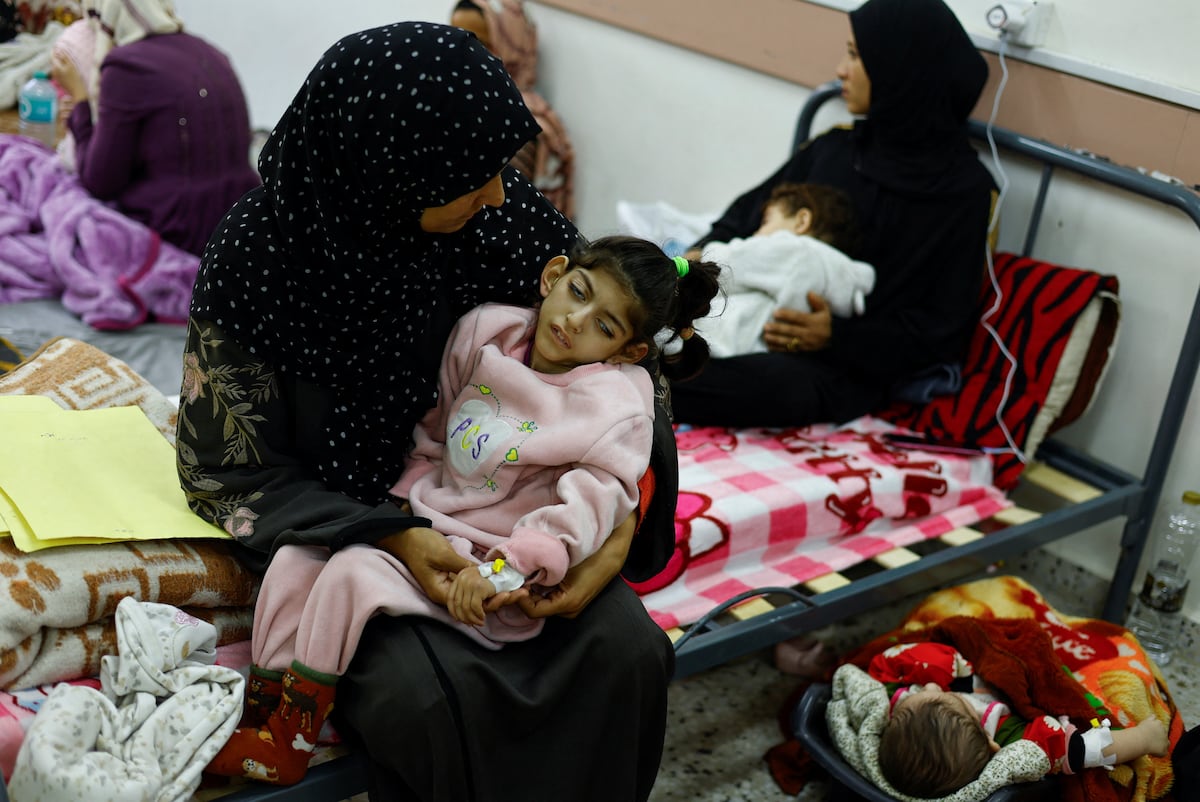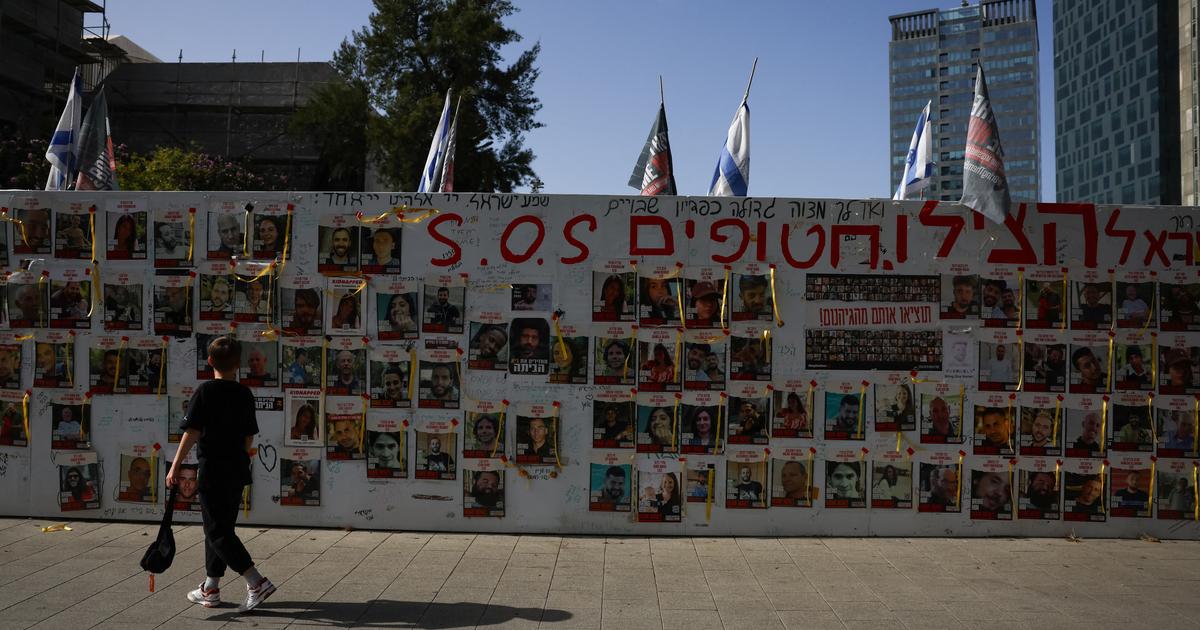Global society
all articles
The hangar is full of people, the tension is palpable. More than 6,000 couples from all corners of the Gaza Strip have come, only a hundred are selected. The men smoke and laugh on one side and the women on the other, wrapped in long robes. At last a man steps on the stage, it stops. He takes small pieces of paper from a bowl and reads:
"The next beneficiaries of free in vitro fertilization are ..."
Such events are not uncommon in Gaza. Party-based organizations often award free inseminations. One of them is the Palestinian Center for Human Perseverance (Fata), headed by the wife of a former Fatah leader.
Behind it lies political calculation. "The only way to get people's consent is to give people what they want most," says Salah al-Rintissi, director of a hospital and spokesman for the Ministry of Health. And people wish: children.
more on the subject
The Gaza Strip is a very child-rich area. According to the CIA World Factbook, 44 percent of the population is under 15 years old. On average, a woman gives birth to almost four children. Nevertheless, artificial inseminations are very much in demand. Because: children's wealth is considered a status symbol. Infertility can lead to isolation and social ostracism, and marriages can break.
The situation in the Gaza Strip, which is dominated by Islamist Hamas, is steadily worsening, according to the UN. The economy is down, potable water and electricity are scarce. In response to attacks by militant Palestinians, the Israeli military continues to bombard Gaza.
"It may seem daring to have children here under the bad conditions," says Omar, whose wife Warda is one of those who receive fertilization from "Fata." "But a life without children is meaningless."
In the late 1990s, the first clinic for in-vitro fertilization in Gaza City opened, and ever since there are more and more retort children in Gaza. But: The procedure is expensive, between 2000 and 3000 dollars per attempt. That's why many rely on the free inseminations of organizations like Fata. The chances of success of in vitro fertilization are less than 30 percent and decrease with increasing age of the woman.
Photographer Daniela Sala was in the Gaza Strip and met couples who opted for artificial insemination.
photo gallery
10 pictures
Gaza Strip: Artificial insemination in the crisis areaThis article is part of the project Global Society, for which our reporters report from four continents. The project is long-term and supported by the Bill & Melinda Gates Foundation.
What is the project Global Society?
Under the title Global Society, reporters from Asia, Africa, Latin America and Europe will be reporting on injustices in a globalized world, socio-political challenges and sustainable development. The reportages, analyzes, photo galleries, videos and podcasts appear in the Politics Department of SPIEGEL. The project is long-term and will be supported over three years by the Bill & Melinda Gates Foundation (BMGF).
Are the journalistic contents independent of the foundation?
Yes. The editorial content is created without the influence of the Gates Foundation.
Do other media have similar projects?
Yes. Major European media such as "The Guardian" and "El País" have created similar sections on their news pages with "Global Development" or "Planeta Futuro" with the support of the Gates Foundation.
Was there already similar projects at SPIEGEL ONLINE?
SPIEGEL ONLINE has already implemented two projects in recent years with the European Journalism Center (EJC) and the support of the Bill & Melinda Gates Foundation: The "Expedition The Day After tomorrow" on Global Sustainability Goals and the journalistic refugee project "The New Arrivals" Several award-winning multimedia reports on the topics of migration and escape have emerged.
Where can I find all the publications on the Global Society?
The pieces can be found at SPIEGEL ONLINE on the topic page Global Society.





/cloudfront-eu-central-1.images.arcpublishing.com/prisa/3VJVXFGBN32OI7FRYXYZQ2AMUI.jpg)






/cloudfront-eu-central-1.images.arcpublishing.com/prisa/KMEYMJKESBAZBE4MRBAM4TGHIQ.jpg)


